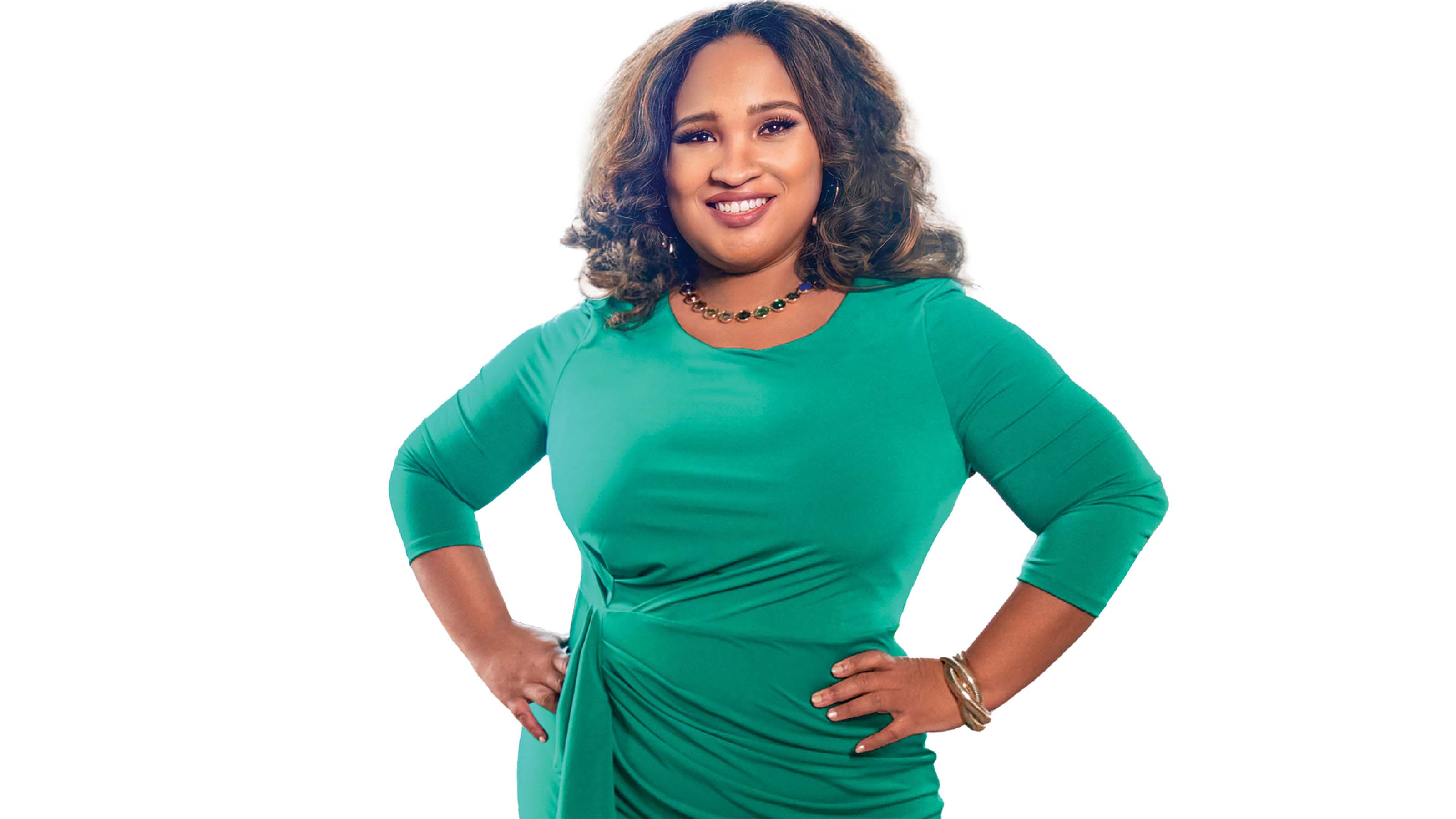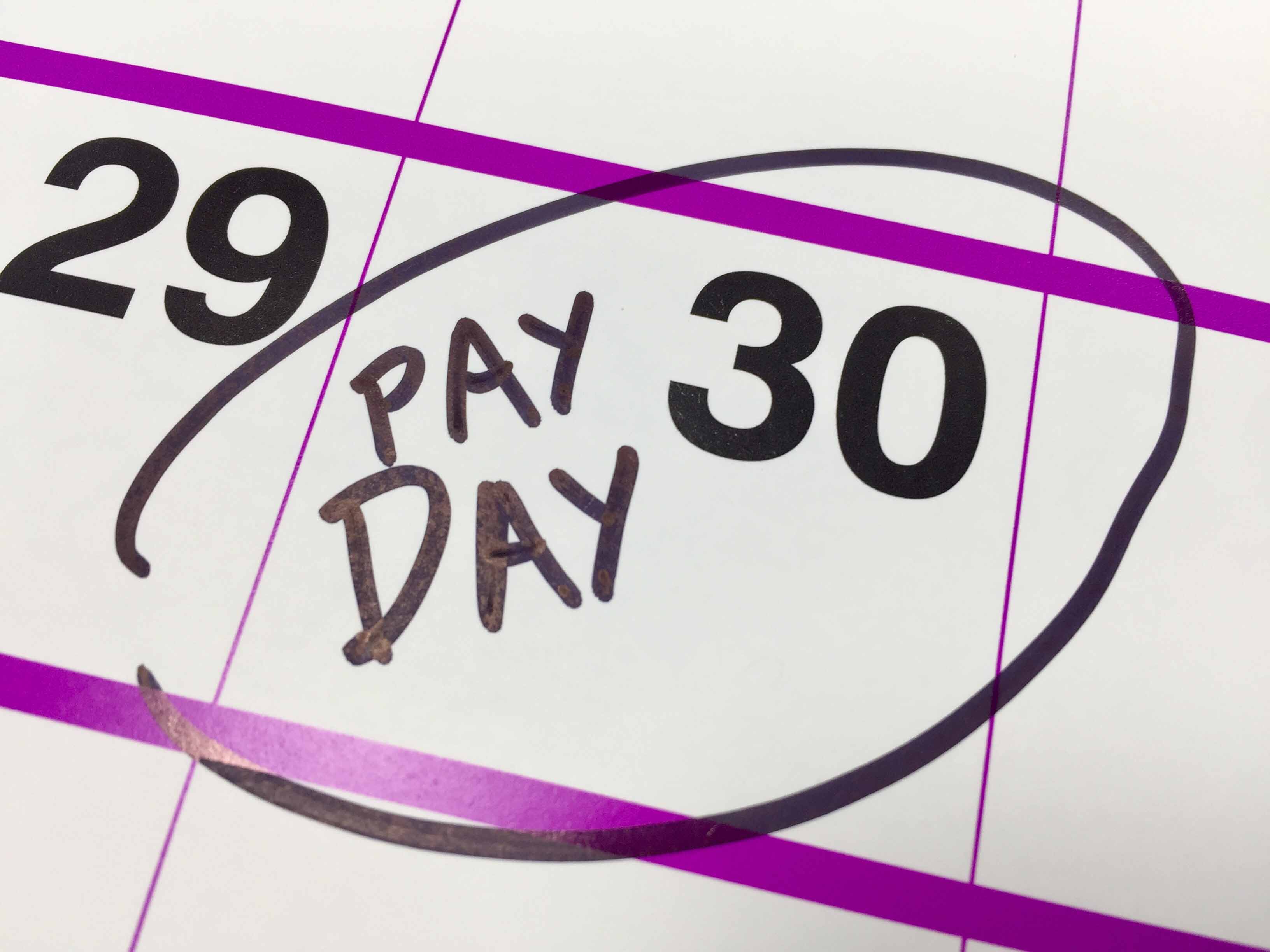Individual Health Insurance vs. Employee Coverage
Even though prices for employee health insurance have increased, you still will probably get a better deal from your employer than on your own.

Profit and prosper with the best of Kiplinger's advice on investing, taxes, retirement, personal finance and much more. Delivered daily. Enter your email in the box and click Sign Me Up.
You are now subscribed
Your newsletter sign-up was successful
Want to add more newsletters?

Delivered daily
Kiplinger Today
Profit and prosper with the best of Kiplinger's advice on investing, taxes, retirement, personal finance and much more delivered daily. Smart money moves start here.

Sent five days a week
Kiplinger A Step Ahead
Get practical help to make better financial decisions in your everyday life, from spending to savings on top deals.

Delivered daily
Kiplinger Closing Bell
Get today's biggest financial and investing headlines delivered to your inbox every day the U.S. stock market is open.

Sent twice a week
Kiplinger Adviser Intel
Financial pros across the country share best practices and fresh tactics to preserve and grow your wealth.

Delivered weekly
Kiplinger Tax Tips
Trim your federal and state tax bills with practical tax-planning and tax-cutting strategies.

Sent twice a week
Kiplinger Retirement Tips
Your twice-a-week guide to planning and enjoying a financially secure and richly rewarding retirement

Sent bimonthly.
Kiplinger Adviser Angle
Insights for advisers, wealth managers and other financial professionals.

Sent twice a week
Kiplinger Investing Weekly
Your twice-a-week roundup of promising stocks, funds, companies and industries you should consider, ones you should avoid, and why.

Sent weekly for six weeks
Kiplinger Invest for Retirement
Your step-by-step six-part series on how to invest for retirement, from devising a successful strategy to exactly which investments to choose.
The premiums for health insurance through my employer are going to jump a lot next year and the coverage isn't that great. Do you think I might find a better deal if I drop my employer's coverage and buy my own policy?
Prices for employee health insurance have increased significantly over the past few years, with the total premiums rising by 87% since 2000, according to the Kaiser Family Foundation. The average family plan cost $11,480 per year, or $4,242 for singles, in 2006.
But employee coverage has two big benefits you can't get with an individual plan: You generally can't get rejected because of your health, and most employers continue to subsidize a big chunk of the costs, covering 73% over the bill for family coverage, and 84% for singles. The average worker only pays, on average, $627 of the total bill of $4,242 per year for single coverage, or $2,973 of the total $11,480 for family coverage.
From just $107.88 $24.99 for Kiplinger Personal Finance
Become a smarter, better informed investor. Subscribe from just $107.88 $24.99, plus get up to 4 Special Issues

Sign up for Kiplinger’s Free Newsletters
Profit and prosper with the best of expert advice on investing, taxes, retirement, personal finance and more - straight to your e-mail.
Profit and prosper with the best of expert advice - straight to your e-mail.
Individual insurance is generally less expensive than the total cost of employee coverage, if you're healthy and live in a state with a competitive health insurance marketplace (which includes most states other than New York, New Jersey and Massachusetts, which have very high individual health insurance prices). But if your employer has been subsidizing a big chunk of the bill, it may be tougher to find a better deal on your own. Many employers are having a tough time covering the costs themselves, however, and are shifting a much bigger share of the premium to their employees. So it wouldn't hurt to compare your options.
To see what you could get on your own, you can shop for individual health insurance policies from several companies at eHealthInsurance.com. Or for personalized attention, you can find a health insurance agent in your area through the National Association of Health Underwriters. You also can find a list of companies offering health insurance in your area through your state insurance department (see our insurance page for links to the state regulators' Web sites).
If you are looking at individual plans, also make sure you're getting all the coverage you need; these plans may have exclusions and coverage limits that are different from your employer's plan. Compare total out-of-pocket costs for your expected medical expenses for the year -- and any caps on catastrophic costs -- rather than just looking at premiums. Employers have been raising rates for dependents a lot more than for employees, so also compare prices for staying on the policy yourself while buying a separate policy for your family.
And keep in mind that the price will be a lot higher for the individual plan if you have any medical conditions. Never drop your group policy before guaranteeing that you have coverage elsewhere, just in case it ends up being tougher to get the new policy than you were expecting.
Another way to lower your premiums is to increase your deductible. If your deductible is at least $1,100 for individual coverage in 2007, or $2,200 for families, you'll generally qualify to open a health savings account that lets you make tax-deductible contributions up to the size of the deductible (with a $2,850 maximum contribution for individual coverage, $5,650 for families in 2007) and gives you a stash of money to use tax free for medical expenses in any year. See Health Savings Account FAQs for more information.
Profit and prosper with the best of Kiplinger's advice on investing, taxes, retirement, personal finance and much more. Delivered daily. Enter your email in the box and click Sign Me Up.

As the "Ask Kim" columnist for Kiplinger's Personal Finance, Lankford receives hundreds of personal finance questions from readers every month. She is the author of Rescue Your Financial Life (McGraw-Hill, 2003), The Insurance Maze: How You Can Save Money on Insurance -- and Still Get the Coverage You Need (Kaplan, 2006), Kiplinger's Ask Kim for Money Smart Solutions (Kaplan, 2007) and The Kiplinger/BBB Personal Finance Guide for Military Families. She is frequently featured as a financial expert on television and radio, including NBC's Today Show, CNN, CNBC and National Public Radio.
-
 How Much It Costs to Host a Super Bowl Party in 2026
How Much It Costs to Host a Super Bowl Party in 2026Hosting a Super Bowl party in 2026 could cost you. Here's a breakdown of food, drink and entertainment costs — plus ways to save.
-
 3 Reasons to Use a 5-Year CD As You Approach Retirement
3 Reasons to Use a 5-Year CD As You Approach RetirementA five-year CD can help you reach other milestones as you approach retirement.
-
 Your Adult Kids Are Doing Fine. Is It Time To Spend Some of Their Inheritance?
Your Adult Kids Are Doing Fine. Is It Time To Spend Some of Their Inheritance?If your kids are successful, do they need an inheritance? Ask yourself these four questions before passing down another dollar.
-
 Your Guide to Open Enrollment 2023
Your Guide to Open Enrollment 2023Employee Benefits Health care costs continue to climb, but subsidies will make some plans more affordable.
-
 Make the Most of the New Workplace
Make the Most of the New WorkplaceEmployee Benefits In the wake of the pandemic, employers are willing to be more flexible and inclusive.
-
 Welcome to the Post-Pandemic Workplace
Welcome to the Post-Pandemic Workplacework life balance There are five generations in the workforce for the first time. Here's how employers are trying to please everyone.
-
 Workers: Expect Higher Salaries and More Perks in 2022
Workers: Expect Higher Salaries and More Perks in 2022Employee Benefits The pandemic economy, the “Great Resignation” and inflation are motivating companies to raise wages and find ways to increase employee satisfaction.
-
 You May Get a Raise in 2022
You May Get a Raise in 2022Employee Benefits In a strengthening labor market, businesses are paying more to attract and retain employees.
-
 Penalty for the Unvaccinated?
Penalty for the Unvaccinated?Coronavirus and Your Money A “yes or no” box to verify your vaccination status could be part of open enrollment for health insurance in the future.
-
 Disability Insurance Can Provide COVID Coverage
Disability Insurance Can Provide COVID CoverageCoronavirus and Your Money If you are concerned about long-term complications from COVID-19, consider disability insurance coverage.
-
 Open Enrollment Brings New Employee Perks (for a Price)
Open Enrollment Brings New Employee Perks (for a Price)Employee Benefits The pandemic and an increasingly diverse workforce have led to more benefits options for workers.